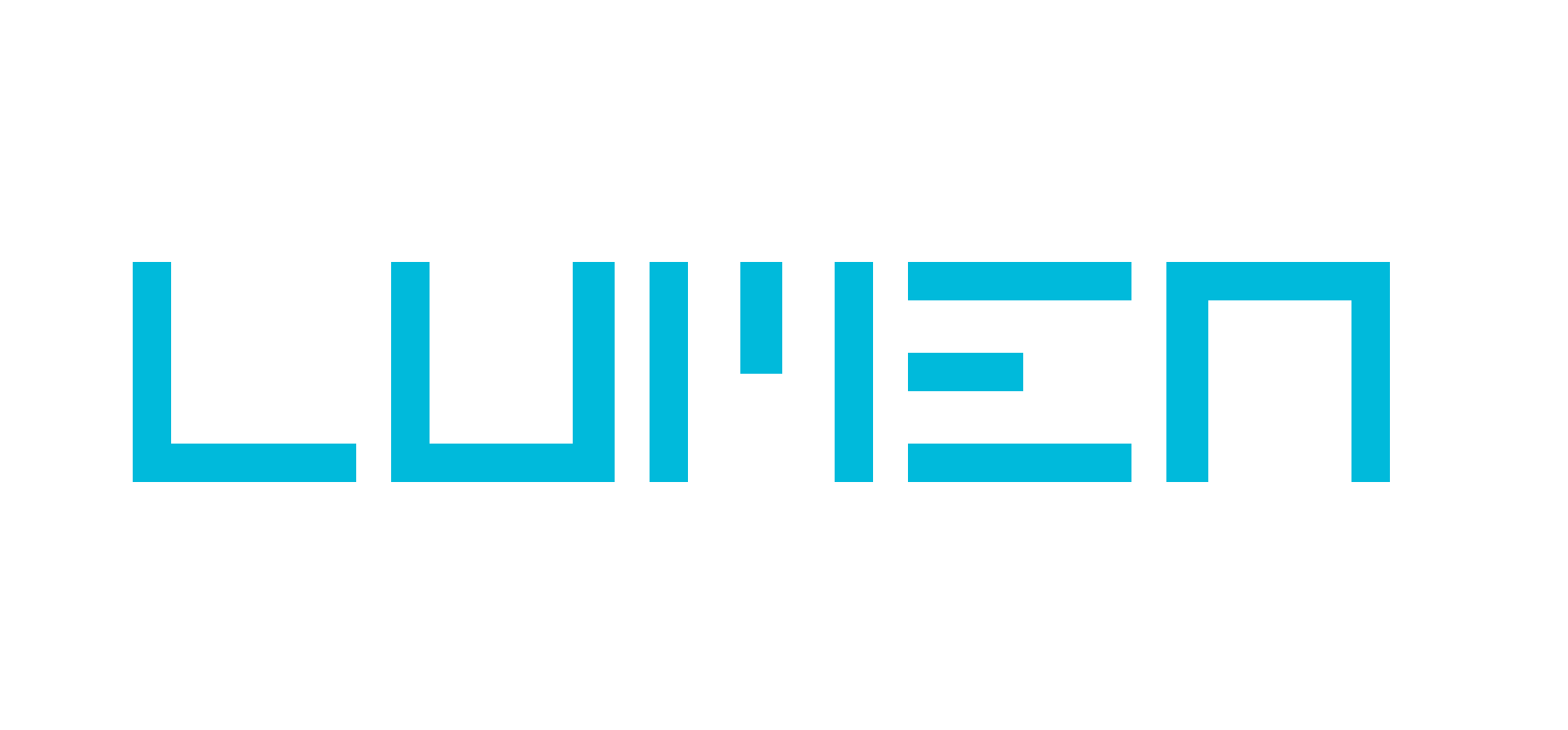00.00
How do I join the Attention Council in the UK?

Over 100 representatives of brands, agencies, publishers and format owners met at The Guardian’s offices in central London on Wednesday for the inaugural Attention Council event in the UK. At the meeting, reported here, we made a call for UK brands and advertisers to join representatives from Diageo, Mars and Microsoft as members of the Council. Would you like to represent your company on the Council too?
The Attention Council is a loose confederation of companies that have come together to promote the use of attention as a metric for understanding and trading media. The founding members are Lumen, Amplified Intelligence, TVision, Adelaide and Avocet. We have joined forces to share insights, methodologies and standards. Members of the Attention Council will be kept abreast of the latest research and developments in attention, invited to events and conferences, and have an opportunity to shape this burgeoning sector.
At the meeting on Wednesday we announced the addition of representatives from major advertisers in the United States: Diageo, Mars and Microsoft. Sorin Patilinet, the representative from Mars (which sounds a bit odd, I know) explains why he thinks attention is so important in an interview with Digiday here. Representatives from UK brands and agencies were invited to join the Council on this side of the Atlantic and shape its future direction. If you would like to get involved, get in touch here and we will see if we can find a place for you.
The conference on Wednesday was a great success and featured a wide range of interesting thinking – from the podium and the audience.
The first speaker was Martin Radford of Ebiquity, who talked through the Mind the Gap report on the reality of attention to TV, YouTube and Facebook ads. He stressed the difference between the number of impressions served on each platform, and the actual attention that they receive, citing data from work they had done with The Audience Project as well as insights from Lumen and TVision.
He was followed by System 1’s Orlando Wood, talking about his new book, Lemon: how the advertising brain turned sour. Orlando’s talk highlighted the importance of emotive advertising in gaining attention and driving engagement, and pointed to bleak future if the industry continues to privilege the ‘left brain’ over the ‘right brain’. Anna Sampson of Magnetic had an interesting take on the issue here.
The session concluded with a panel discussion on the importance of context in a post-cookie world, featuring Katie Hartley of Dentsu, Vanessa Goff-Yu of Bidstack and Nick Hewat of The Guardian, moderated by Dino Myers-Lamptey, one of the founders of The Barber Shop. In this discussion the importance of context as a driver of attention came to the fore, with in-game advertising and quality publishing providing an environment that was more likely to turn the opportunity to see an ad into an actual view.
The meeting also gave us an opportunity to highlight the launch of Karen Nelson Field’s new book. Karen is one of the founders of the Council, and her new book, The Attention Economy and How Media Works, was formally launched in London this week.
The Attention Council would like to thank The Guardian for their hospitality and generosity, and all the speakers for their time and effort.
00.00









